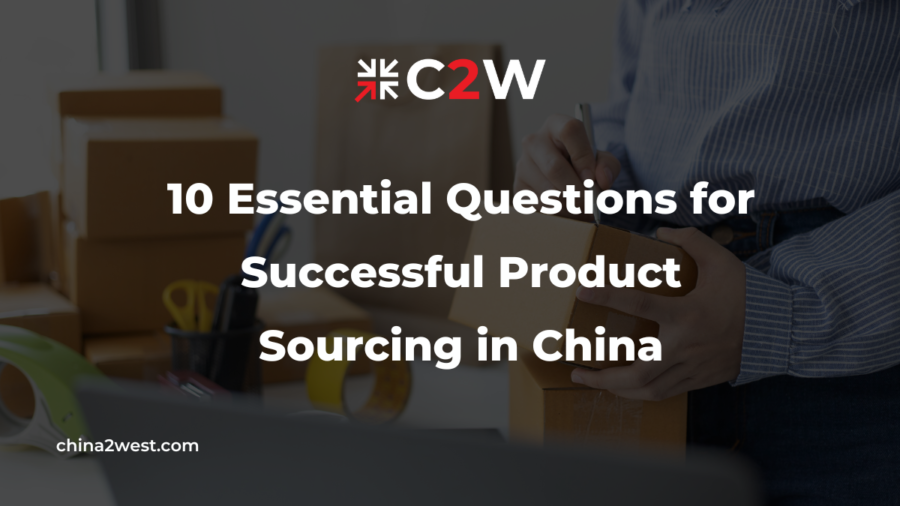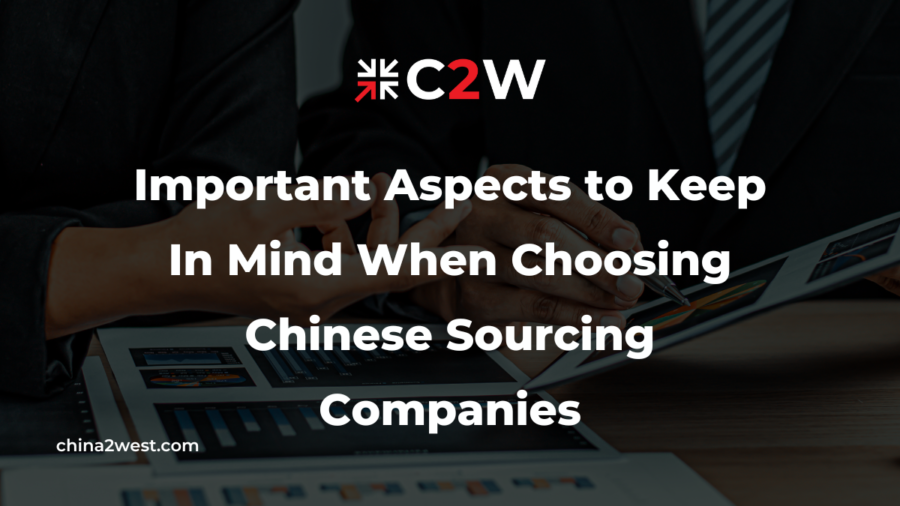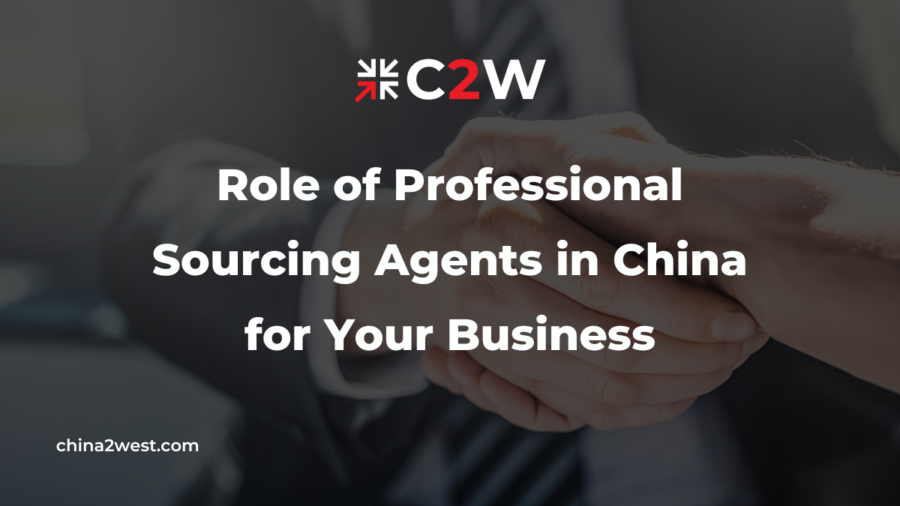The Chinese market holds unparalleled potential for businesses looking to source products globally. With its vast manufacturing capabilities and competitive pricing, China has become a hub for product sourcing. However, the process of sourcing products from China can be fraught with challenges, making it imperative for businesses to gather comprehensive information beforehand. Here, we explore 10 crucial questions to ask your Chinese suppliers to ensure a smooth and successful procurement process.
What is Your Manufacturing Capacity and Lead Time?
Delving into a supplier’s manufacturing prowess is crucial for aligning their production capabilities with your business needs. It’s important to ask pointed questions about the scale of their operations, including the size of their facility, the number of employees, and the type of equipment they use. This information will help you gauge whether they can scale up production to meet increasing demands or if they’re better suited for smaller, more specialized orders. Additionally, gaining insight into their standard lead times for producing and shipping both sample and bulk orders is key. This will not only assist in forecasting delivery schedules but also in managing your inventory effectively. Understanding these elements is vital for ensuring that your supplier can keep pace with your business growth and prevent any potential bottlenecks in the supply chain.
Can You Provide Detailed Information on Your Quality Control Procedures?
Navigating the landscape of product sourcing demands a keen focus on the quality of goods received. Inquiring into a supplier’s quality assurance practices offers a window into their operational standards and commitment to excellence. It’s pivotal to delve into the specifics of their quality control (QC) measures, including the junctures at which products undergo inspection and the benchmarks for these evaluations. Equally important is understanding the professional background and expertise of the QC personnel tasked with upholding these standards. Gaining insights into these procedures helps in preempting the risk of procuring inferior quality products, thereby safeguarding your brand’s reputation and customer satisfaction.
How Do You Handle Intellectual Property (IP) Protection?
When engaging with suppliers in China, safeguarding your intellectual property rights is paramount. It’s essential to inquire about the specific measures they implement to ensure your IP is protected. This includes asking about any systems they have in place for securing confidential information and the steps they take to prevent unauthorized sharing of your designs or products. Additionally, it’s worthwhile to probe into their track record with IP protection, specifically if they have encountered any infringement issues and how they were resolved. Clarifying these aspects can help you assess the supplier’s commitment to preserving the integrity of your intellectual assets and mitigate potential risks associated with IP theft or misuse.
What Are Your Payment Terms and Conditions?
Navigating the financial aspects of a sourcing agreement requires a transparent conversation about payment terms and conditions. It’s critical to inquire about accepted modes of payment to ensure they align with your business operations. Delve into the details of their payment timeline, including any upfront deposits required and the balance payment schedule. This clarity at the outset helps in crafting a financial plan that accommodates these terms, thereby preventing any cash flow disruptions. Additionally, understanding the supplier’s policies regarding payment delays or disputes can further solidify your preparation for managing financial obligations smoothly. Engaging in this dialogue fosters a robust foundation for financial interactions, ensuring both parties are on the same page from the beginning.
Can You Provide References or Samples of Previous Work?
Asking for references or product samples plays a crucial role in evaluating the potential fit between your sourcing needs and the supplier’s capabilities. This request allows you to directly inspect the craftsmanship and quality of products they’ve previously manufactured. It also gives you the opportunity to connect with their past or current clientele for firsthand feedback regarding their experiences—ranging from the supplier’s reliability to the quality consistency over time. Through these interactions, you gain valuable insights that could influence your decision-making process. Additionally, reviewing samples helps in assessing if the supplier’s production standards align with your requirements, ensuring they can deliver the caliber of products your business necessitates. Engaging in this step is instrumental in establishing confidence in the supplier’s ability to meet, if not exceed, your expectations.
What is Your Experience with Exporting Products Internationally?
Exploring a supplier’s background in international trade is crucial for a seamless sourcing experience. Query about their track record with global shipments, specifically regarding the complexities of dealing with your country’s customs and regulations. It’s beneficial to learn about any certifications or special licensing they possess that simplifies the export process. This discussion provides insight into their preparedness to handle the logistical nuances of international shipping, ensuring your products arrive without undue delays or compliance issues. Additionally, understanding their familiarity with the legal and regulatory requirements of different markets can help in anticipating potential hurdles and planning accordingly. This exploration into their export expertise is a critical step in assessing their capability to support your global sourcing strategies effectively.
How Do You Manage Communication and Updates Throughout the Procurement Process?
Establishing a solid line of communication is crucial for navigating the complexities of sourcing products from China. It’s vital to inquire about the mechanisms your supplier has in place for ongoing dialogue. Determine the channels they use for communication—be it email, messaging apps, or phone calls—and how often you can expect to receive updates on your order’s progress. Identifying a primary point of contact within the organization is also key, as this ensures you have a direct line to someone who is familiar with your business needs and the specifics of your orders. Clarifying these details early on can significantly enhance the efficiency of the procurement process, keeping you well-informed and enabling swift action should any questions or issues arise.
Are There Any Minimum Order Quantities (MOQs)?
Exploring a supplier’s MOQ is a critical step that can impact your inventory strategy and financial planning. It’s essential to have a candid discussion about their MOQ requirements to understand how they align with your order sizes and frequency. For businesses that are just starting or those looking to test the market with new products, high MOQs can be a barrier. Therefore, asking about the flexibility in MOQs is key. Some suppliers might be willing to negotiate lower MOQs for a premium or as part of a longer-term relationship strategy. Additionally, inquire about the possibility of mixing different products to meet the MOQ, which can offer more variety without overextending your budget or inventory capacity. This conversation about MOQs is pivotal in ensuring that the supplier can accommodate your business’s unique needs and growth trajectory.
Do You Offer Customization Options for Products?
Uncovering a supplier’s capability for customization is a significant aspect of ensuring their services match your specific product requirements. Querying about their flexibility and previous experiences with tailored orders is vital. Explore the range of customization they can accommodate, whether it’s altering dimensions, incorporating unique materials, or applying brand-specific designs. Also, delve into the logistics involved in custom orders, such as potential lead times and the cost implications of these modifications. This dialogue is instrumental in determining whether the supplier can adeptly handle your customization needs, enabling you to differentiate your product offerings in the market. Establishing this early on ensures that your visions align, setting the stage for a collaborative and innovative partnership.
What Happens in the Case of Product Defects or Delays?
In the event that issues like product defects or delays arise, it’s essential to understand the supplier’s contingency plans. Inquire about their procedures for rectifying such situations, which might include offering replacements, issuing refunds, or providing compensation. It’s also beneficial to ask about their track record in resolving these issues and the typical timeframe for their resolution process. This discussion is crucial for assessing the reliability and responsiveness of the supplier, ensuring that any potential problems can be managed effectively and with minimal disruption to your business operations. Having a clear understanding of these policies not only builds confidence in the supplier’s commitment to quality and customer satisfaction but also fortifies the partnership by establishing clear expectations for accountability and problem-solving.
Unleashing the Potential of Product Sourcing in China
Now you know everything about sourcing products from China, start your search. Know what you want, how you plan to sell it, and set a budget. There will be a perfect match waiting for you.
To take the next step, reach out to China 2 West to discuss your product in detail. Our dedicated team can guide you through the intricacies of the sourcing and manufacturing process, offering valuable insights and solutions tailored to your specific needs. By collaborating with professionals who understand the nuances of the Chinese market, you can maximize the efficiency of your product development and bring your ideas to market successfully. Contact us here to discuss your product and see how we can get it to market.




